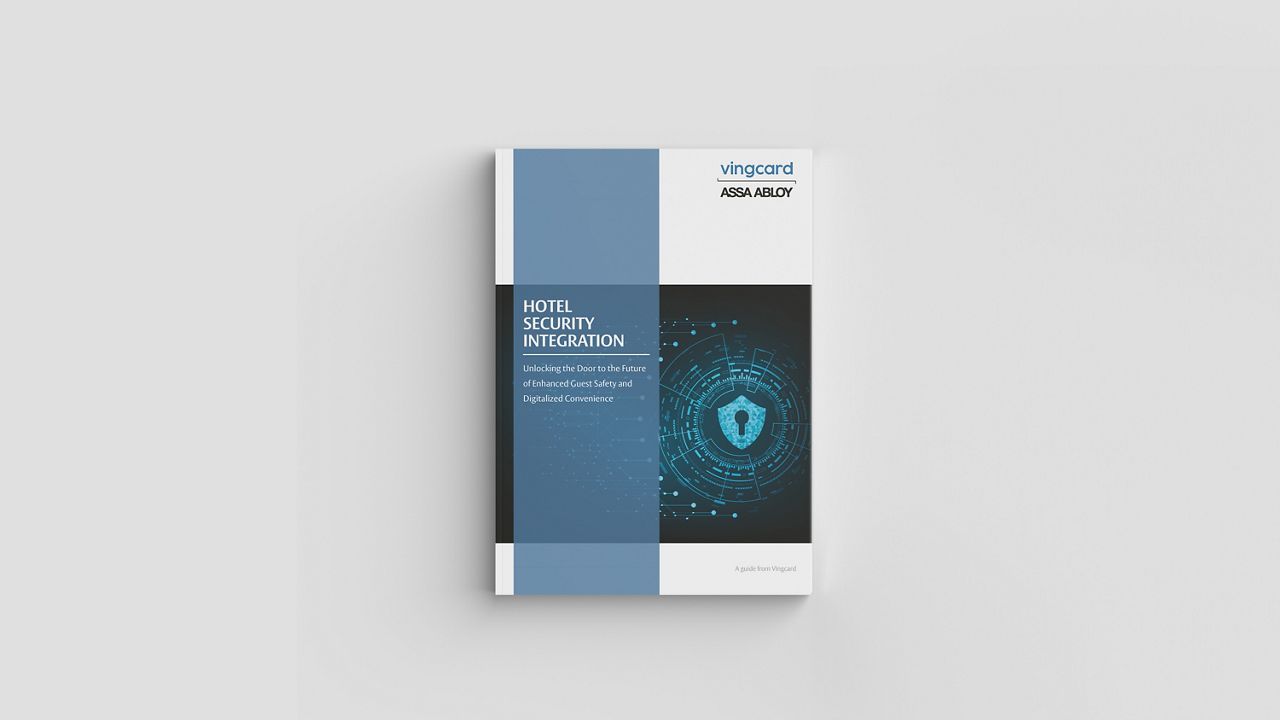
What Does Sustainability Really Mean for Today’s Hotel Industry?


Sustainability is a word that has been used extensively in hospitality circles over the past decade and is often regarded as no more than an industry buzzword that defines the environmentally friendly practices of a lodging operation. However, the term has evolved exponentially in recent years to include a range of operational areas that bring social and economic policies together with the environmental impact an organization has on its community, as well as the planet. Together, these areas form a company’s Corporate Social Responsibility (CSR) and can be divided into two categories—operational sustainability and product sustainability. While economic (fair wages, cost efficiencies, etc.) and social (gender equality and inclusivity) fall under operational sustainability, one of the most visible areas of a hotel’s sustainability lies in the products that it utilizes and how those products are incorporated into property operations.
Although its meaning has evolved, most hoteliers still consider sustainable practices to mean minimizing their property’s impact on the environment. This is also a key area of focus for many hotel guests. In fact, with each passing year, more and more guests are taking a hotelier’s commitment to environmentally practices seriously and are making it a deciding factor in booking decisions. According to Booking.com, as many as 86 percent of guests are even willing to pay more if it means staying at an eco-friendly hotel.
With revenue and reputations at stake, industry professionals are understandably refocusing their efforts on creating more sustainable operations. In this first part of a blog series on this trend, discover what operational areas are leading the push towards enhanced environmentalism, as well as how hoteliers and their guests stand to benefit—both short- and long-term.
Where Sustainability Fits Into Modern Hotel Operations
Earning a reputation as an eco-friendly hotel involves taking a deep look at a property’s operations to see where waste and resource use can be reduced. Luckily, the industry already provides ample examples of properties that have been able to drastically minimize their environmental footprint.
One major focus is cutting down energy consumption and reliance on fossil fuels. Today, the hotel industry is estimated to be using 84.7 billion kWh each year, while its CO2 output reaches up to 60 million tons annually (equal to 12 coal-based factories). To offset this ecological impact, more hotel businesses are turning to renewable energy sources. Examples include the installing of solar panels which can supply as much as 100 percent of a property’s energy in some instances. With hotels producing heat when generating their own electricity, another opportunity to further cut down on energy use has seen hoteliers use that same heat as a source of thermal energy. Known as cogeneration, this alternate source can not only be used to create additional electricity but can also be leveraged to heat a building and its water supply.
With the hotel industry also using up to 219 billion gallons of water each year, water preservation is also crucial to meeting guest demands for safeguarding natural resources. In response, many hoteliers have adopted water management strategies such as encouraging guests to reuse their towels (thereby reducing the number of times that guest bathroom towels are washed). Other examples include reducing water consumption from landscaping or from onsite swimming pools.
While electricity and water are often what comes to mind with regards to environmentally sustainable practices, another key issue industry professionals need to address is the subject of waste that ends up in landfills. Hotels are in fact responsible for producing as much as 289,700 tons of waste each year. With 79,000 tons coming from food waste, hoteliers are increasingly revamping their Food and Beverage (F&B) operations to bring these numbers down. This includes adopting audits to determine where the most F&B waste comes from, as well as implementing strategies to minimize leftovers or the risk of ingredients expiring before being used.One effective method of reducing food waste that more hotels are turning to is the composting of leftovers. F&B-based employees simply dispose of any leftovers within a designated container and allow the contents to decompose naturally. This in turn can be used to fertilize plants and outdoor spaces while providing an opportunity to cut down on landscaping costs.
Paper and plastic waste are also high on the list of eco-friendly hotel priorities. Across the industry, increasing numbers of hotels are going paperless in favor of digitalized methods such as the use of email or mobile apps. Plastic single use containers- whether for housekeeping supplies or for guestroom toiletries are steadily being replaced by reusable/refillable alternatives. These actions alone are credited with eliminating a property’s waste by as much as 50 percent.
Bringing Sustainability into the Guestroom
While many of the above-mentioned approaches to sustainability do significantly lessen a hotel’s environmental impact, key to earning an eco-friendly reputation will be ensuring that guests can readily recognize a hotelier’s efforts. Nowhere is this better suited than within each guestroom. Thanks to ongoing innovations in smart technology, a hotel’s guestrooms can now take center stage in enhancing and promoting sustainability initiatives.
For example, guests amenities such as thermostats or lights can be automatically adjusted depending on real-time occupancy. Some hotels even have the capability to detect when a guest gets out of bed in order to turn nightlights that guide them towards the bathroom. Others have low flow bathroom faucet and shower fixtures that can reduce water use by 30 percent. With regards to plastic, hotels have options to provide guests with room access while sidestepping the need to issue plastic keycards that ultimately end up as waste.
These capabilities are just some of the examples showcasing how smart technology can contribute to lowering environmental impacts. While hoteliers cannot deny that such technologies serve as a sustainable business differentiator, their focus remains in delighting guests with pleasant stays and experiences that they will remember long after they have checked out.
The Cost Savings of Sustainability
Reputations and guest expectations aside, another invaluable advantage of promoting environmental sustainability is the drastic reduction in operational expenses that so often eat into hotel business profits. By deploying an energy efficiency strategy, hotels are routinely able to reduce their monthly bill by 20 percent.
With water conservation, hoteliers can further cut down utility costs with each guest utilizing 50 percent less each day. Just by going paperless alone, some hotels have found that they can save as much as $2,000 every month.
With environmental sustainability able to extend a host of benefits to a hotel’s operations and with more and more solutions becoming available to assist with hotelier efforts, there has never been a better time for industry professionals to make the switch to an eco-friendly business strategy. Yet with more options comes more uncertainty over which solutions are ideally suited to the specific sustainability goals of an individual hotel. To sidestep the guesswork and potential headaches, be sure to be on the lookout for part two of our blog series. This next blog will go into further detail on the precise solutions that are leading to more environmentally friendly hotel operations, improved reputation and better satisfied guests.
Subscribe to our Newsletter
Fill out the form below to subscribe to our newsletter. By doing so, you'll not only be the first to discover what's next on our blog but also join a community passionate about the innovation and tradition driving the hospitality realm forward.
